One minute you are in the Durham Dales, Teesdale and the historic small market town of Barnard Castle. Turn a corner and through the gates, and you are faced with a grand and large building. It is literally transporting you to France.
In fact the Bowes Museum is the only building of its kind in our country that was built in the style of French museums of the First Empire period. A sight to behold even before seeing the many treasures within and around.
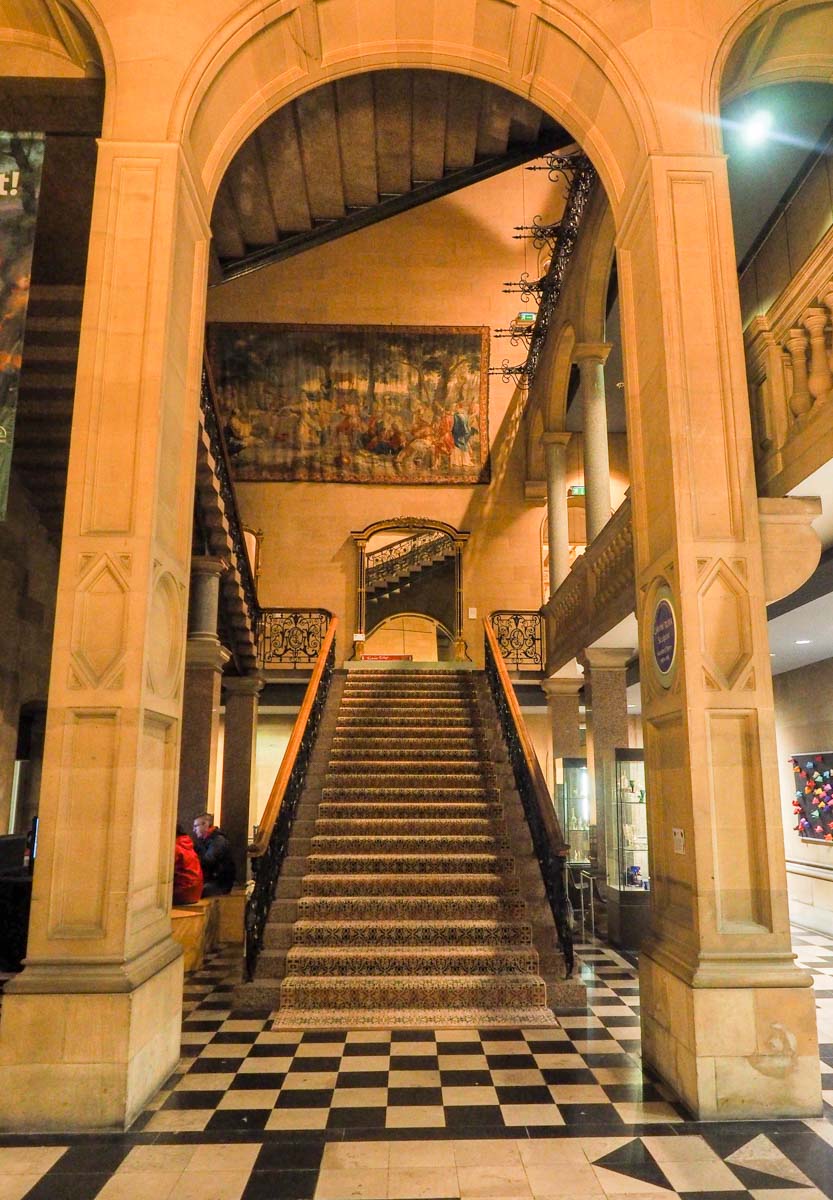
History
Before I even get started on the massive collection, priceless pieces of art and of course the famous silver swan, I asked myself, what is a grand 19th Century building doing here in the Dales of Northern England? Well.
The 10th Earl of Strathmore had an illegitimate son, John Bowes, with a commoner partner who worked on his land. They were what we would now call common law partners. They did marry 16 hours before the Earl’s death but it was still decreed in court that John could not inherit the ‘title’ of Earl but could inherit the estate.
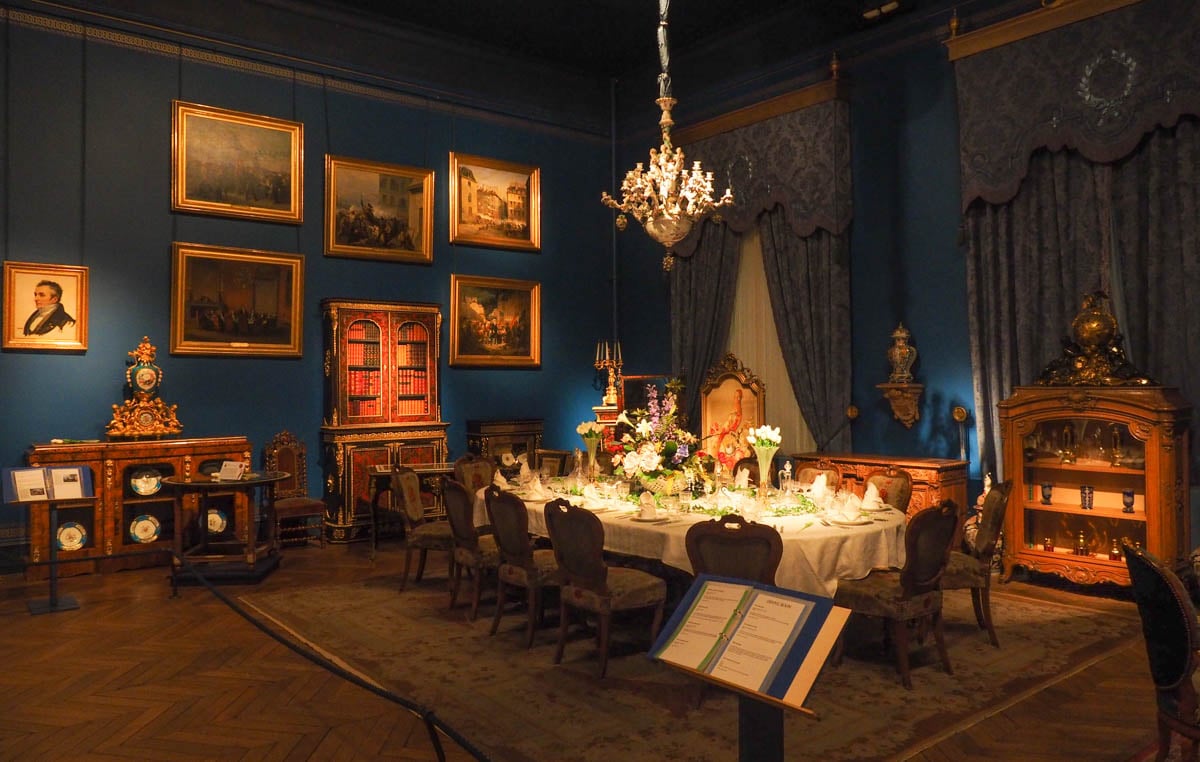
Even without the title, John became a businessman and well educated with a true love of arts. In France he bought the Théatre des Variétés, Paris and he met his wife there, an actress named Joséphine Coffin-Chevallier.
She also had a true love of arts and together they collected, a lot, and dreamed of a grand museum to showcase all in Teesdale, where John was from.
The building was started in 1869 and in that period they collected approximately 15,000 items no less, together with 800 paintings. The European decorative arts collection is second only to the collection at the Victoria & Albert Museum.

Sadly, Joséphine died in 1874 before the building was complete and John also died in 1885, before the full dream was realised.
Under care of trustees the Bowes Museum was opened to the public in 1892 and the collection still grows to this day. Believe me, there is art in all its forms on display here, and there truly is lots of it.

Make sure you give yourself good time to see as much as you can, it is impossible for a quick first time visit.
Silver Swan Automation
Where should I start? Well of course the famous Silver Swan automaton. Most certainly a centre piece of the museum and rightly so.
Every day, at 2 pm, it gets wound up and it goes through its wonderful clockwork movements and picking up a fish hat seemingly flow in the silver ripple of silver water that seemingly moves.
The swan is actually life size and was made in 1773. In the daily demonstration the guide will perhaps gladly showcase that age by making you realise the swan is older than the United States.

John Bowes paid 200 pounds for the swan in 1872. I am sure there is no way to put a true price on it today. It is known far and wide, the likes of Mark Twain have seen it over the years
He was entranced enough to mention it in one of his books, The Innocents abroad.
Automatons were obviously something that the Bowes had a fondness for as you see many smaller automatons around the museum, still many of splendid material and workmanship of its day.

Massive collections
There are floors in every direction within the museum and treasures galore in every room. I will keep stressing, the collection is huge. But not just in number but in individual art pieces. Paintings by Canaletto, Goya, El Greco, Boucher, to name only a few. Porcelain by famous houses such as Sèvres.
It would be folly of me to go on making a list, you must explore yourselves and see it.
The small pieces are fascinating… In the whole museum, see if you can find this little piece? Notice the head of someone in the rug? Why so?
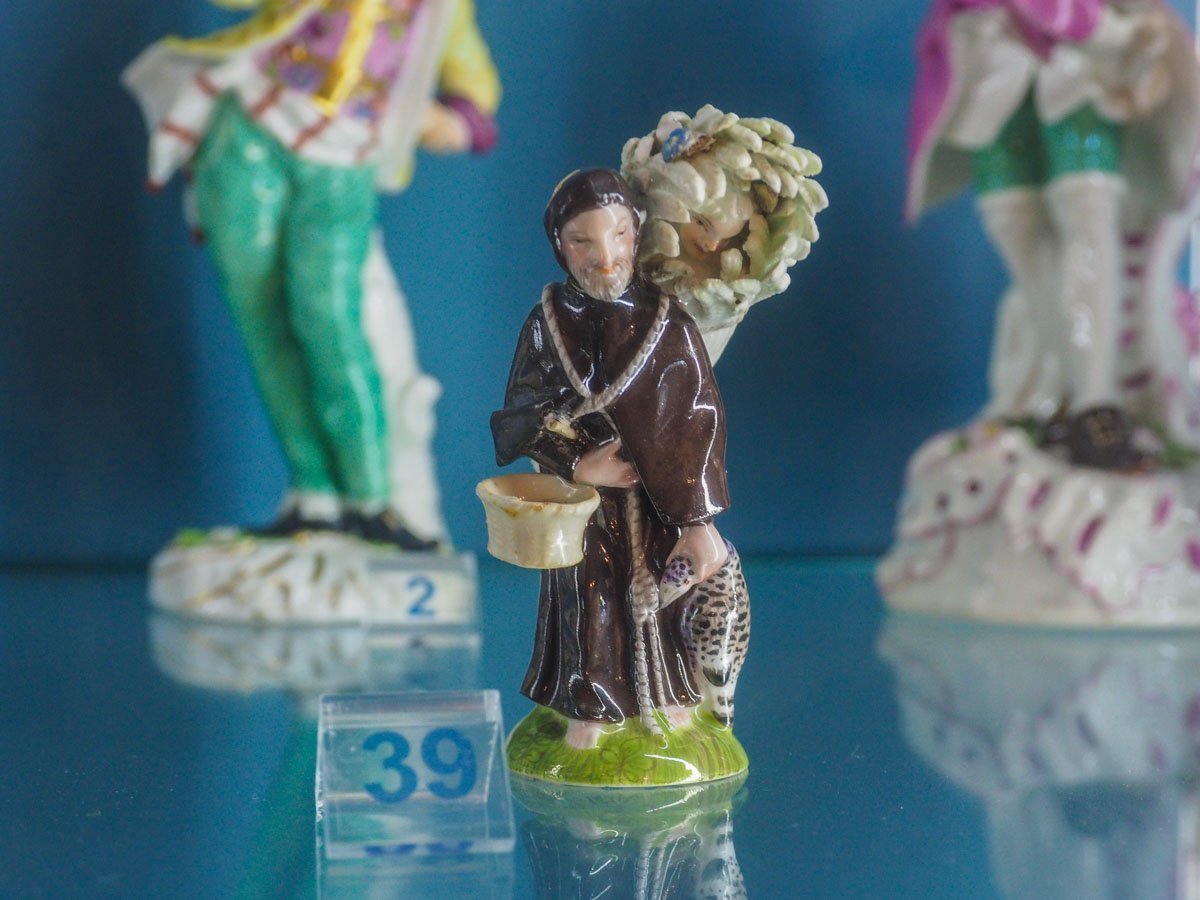
Throughout the museum you can follow the full story of John and Joséphine Bowes in more detail too. Their dedication to providing a collection for the people of the north was outstanding to say the least.


The Botanical Cabinet
Another item that stood out to me was the ‘Botanical Cabinet’. It looked on the outside like an antique cabinet of some sort but why so called a Botanical Cabinet? Well….

John’s grandmother, Mary Eleanor Lyon-Bowes, had it made in the 18th Century. She was an avid collector of botany and had the famous Scottish botanist, William Paterson, to collect her specimens on his travels around the Cape of Good Hope from 1777 to 1779.
She kept many in this cabinet it is known. The legs of this cabinet contains lead pipes and taps…. to regulate temperature?
Fashions Through The Ages
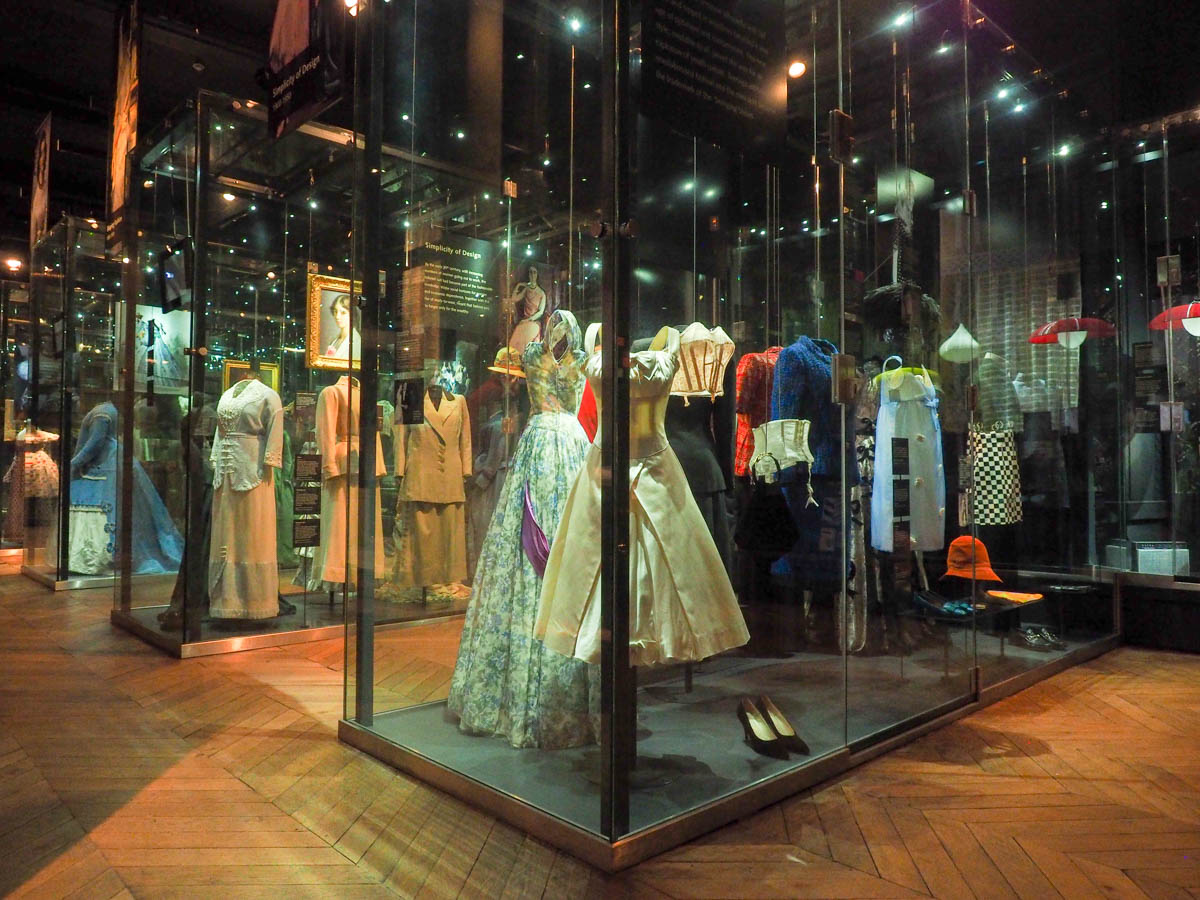
Then, suddenly you wander into a room with clothing of all ages lit up and designed to be seen in full 360 degrees. There are dresses dating from all the way back to the 1800s and original fashions all the way through to the 1960s.
Children’s Interactive Museum
This also a wonderful place to visit with children too. Not only can they see and learn around the full museum but there is a section specifically to get the children interactively learning. Hands on in their own little museum.


Bowes Museum Cafe
After all the wandering, learning and reading it was time for a coffee and something to eat. I walked down to the cafe, this is no ordinary cafe, the menu and food looked and tasted divine. I was recommended to try the seafood chowder and having said yes I realised it was my decision of the day, it was wonderful.
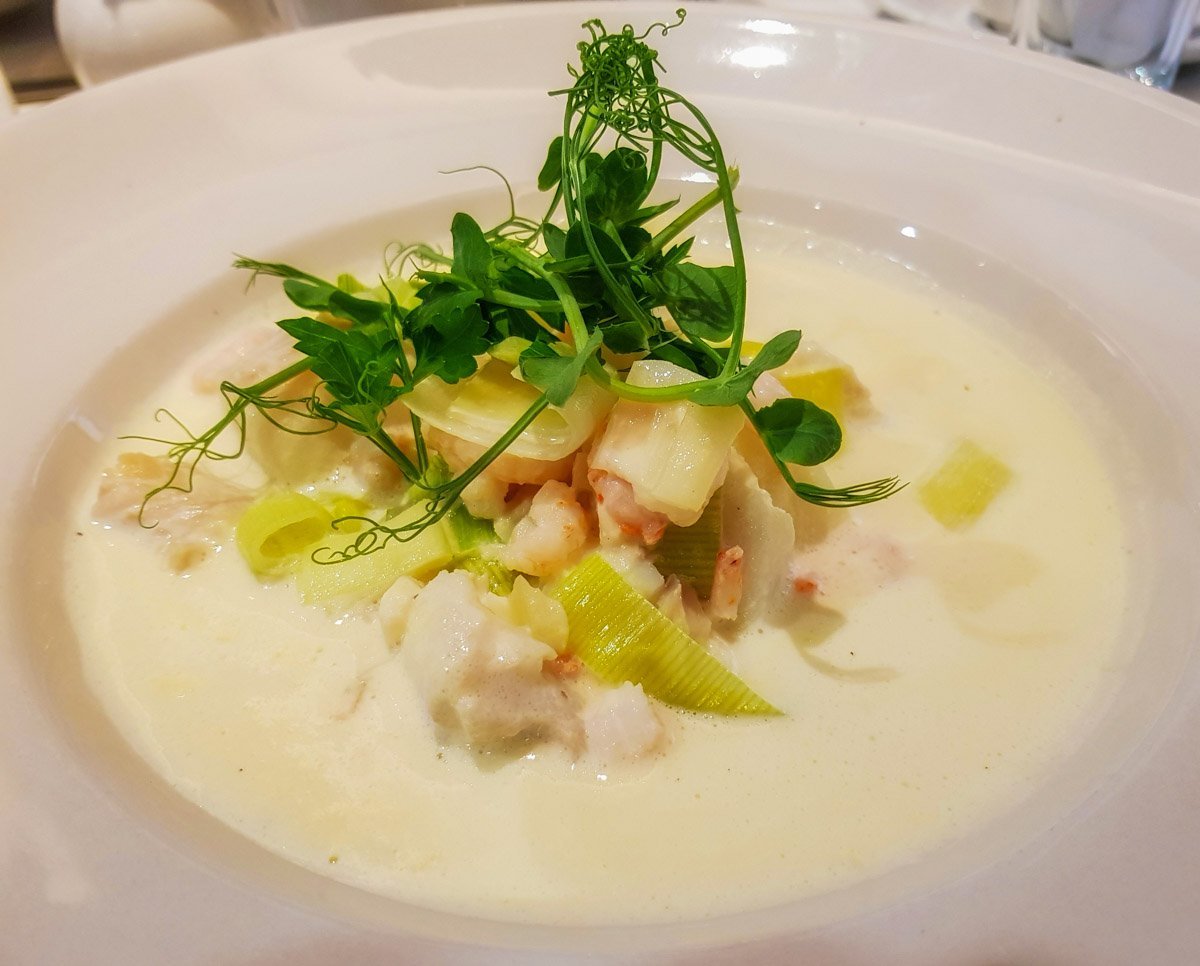
If you are visiting the Durham Dales or the North East of England then I must say that a few hours at this gem of a place, The Bowes Museum, is a must see. I don’t know why it had taken me so long to visit to be honest.
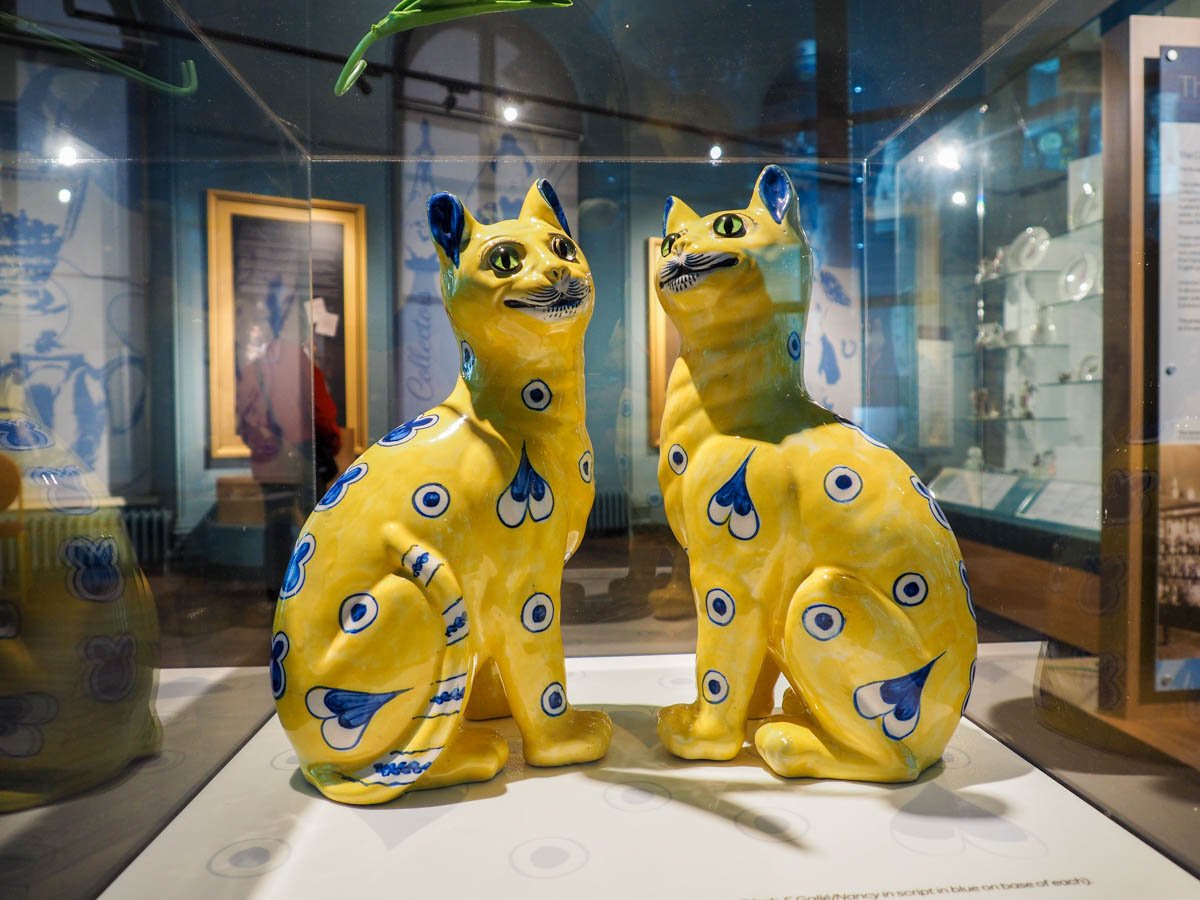
And the whole tale has not yet been told here, I shall be back again on these pages sometime soon to show the gardens surrounding.









Very interesting to watch indoor pictures of museum.
Thank you very much
Wow the museum was amazing and the olden style of architecture hats off. Thanks for sharing this wonderful blog .
Thanks for the kind words.. yes it is a great place to visit in Durham